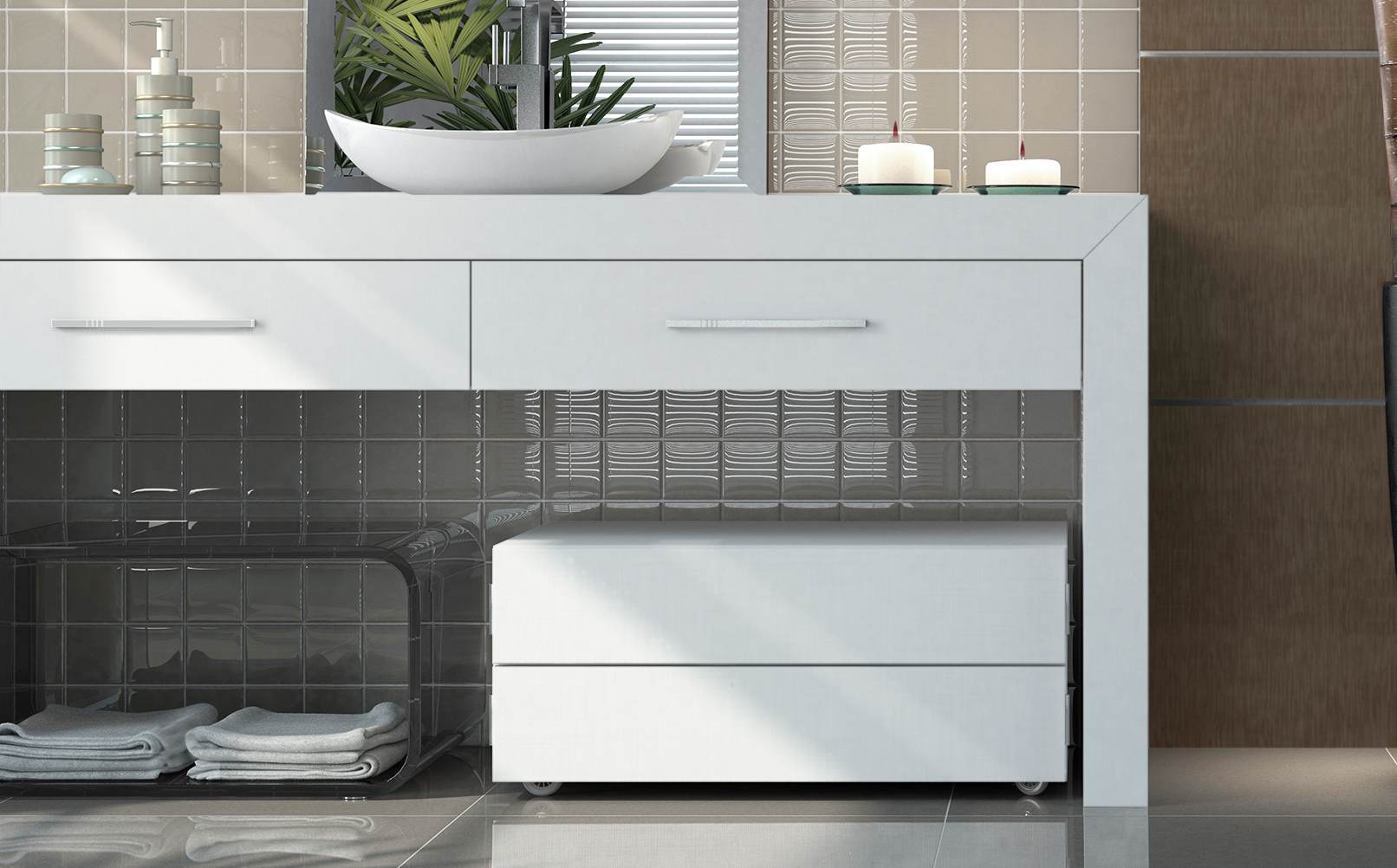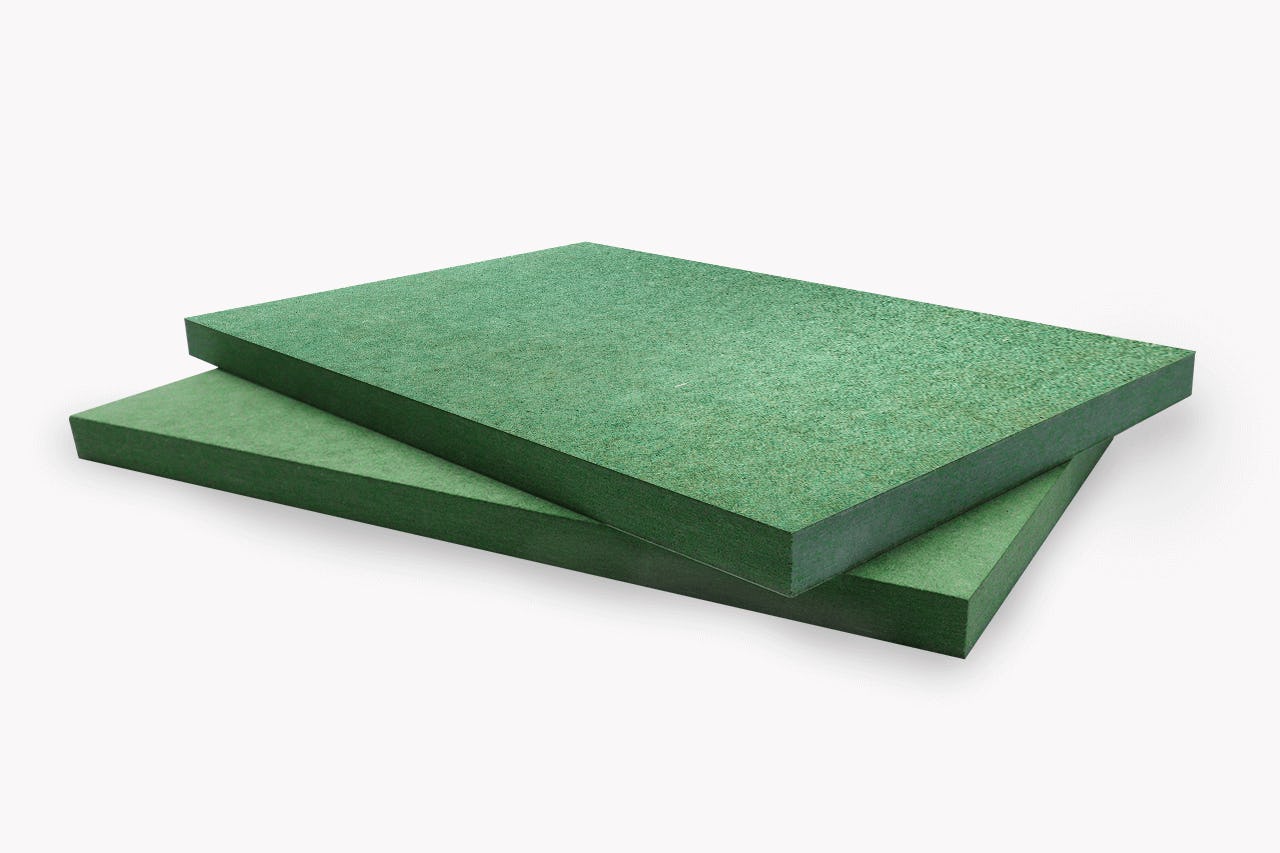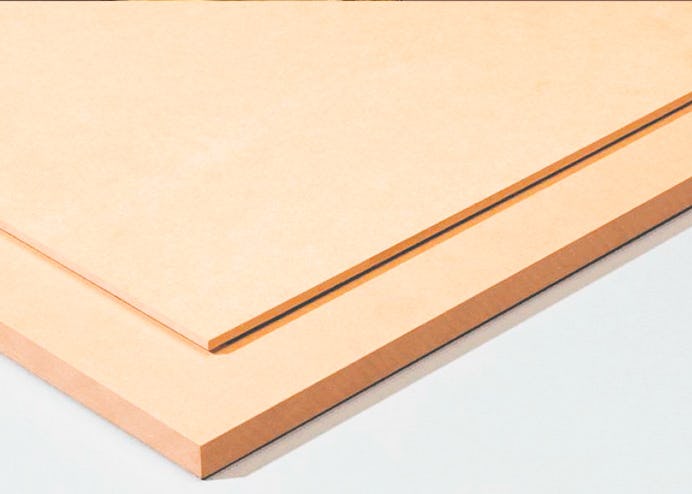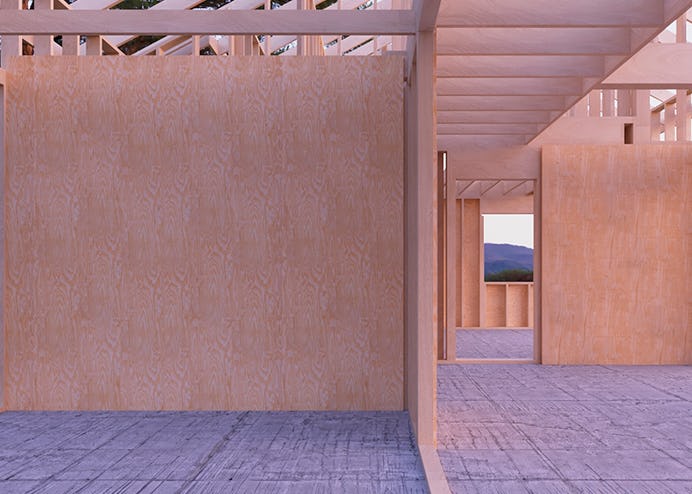Tests prove first technology with anti Covid-19 action on Guararapes' MDF panels
NanoxClean® technology, used by Guararapes since 2015, eliminates 99.9% of the virus within 30 minutes
Blog/In the midst of the pandemic caused by Covid-19, all sectors of the economy and health entered a global race to create ways to combat and minimize the effects of the new virus. Our decorative panels were subjected to tests carried out by QuasarBio, in the level 3 biosafety laboratory (NB3) of the Institute of Biomedical Sciences of the University of São Paulo (ICB-USP), which proved the material's effectiveness in inactivating 99.9 % of the SARS-CoV-2 virus, responsible for the new Coronavirus, within 30 minutes.
The positive result is due to the use of Nanox Clean® technology, patented in the sector since 2015 by Guararapes with Nanox, a Brazilian startup that is a reference in the development of intelligent materials. Firstly designed to prevent the proliferation of fungi and bacteria in MDF, protection has been present in the entire decorative portfolio of the brand for five years, creating a lifetime coverage area for consumers who already own the product. With the scientific test, the company consolidates itself as a pioneer in the use of technologies that are proven to combat Covid-19 in the segment.
Investing in technology to develop high quality and innovative products, in line with market needs is one of our value propositions. When we developed antimicrobial protection for our MDF panels, in conjunction with Nanox, in 2014, the goal was to contribute to healthier environments for people's homes. With the emergence of COVID, we think that the potent antimicrobial and viral action of our products could also be effective in combating coronavirus. After several studies together with researchers from Quasar Bio and Nanox, we were able to prove the effectiveness of our exclusive and pioneering technology in the sector. Therefore, we communicate to the market that the furniture surfaces that use our Decorative MDF panels have been protected against Corona Virus since 2015, in addition to the already proven effectiveness against other viruses, fungi and bacteria.
explains the Marketing Manager, Humberto Oliveira.

How it works:
The Nanox technology creates a protective barrier based on nanotechnology that, when in contact with pathogens, inactivates viruses, fungi and bacteria. This is due to the natural property of its asset, silver, which is already known for its antibacterial action and, in the case of SARS-CoV-2, it is responsible for oxidizing the outer layer of the virus, eliminating it from the surface.
We already knew the antiviral action of our technology/product, there are active studies that prove its effectiveness against other viruses as H1N1, for example. Even so, as the new coronavirus has a greater durability than all others, especially on surfaces, it was very important to prove this effectiveness with SARS-CoV-2 itself. Thus, with the use of technology, we can minimize cross-contamination - when someone asymptomatic touches a surface and, later, another person becomes infected in the same place.
says Gustavo Simões, Co-founder and CEO of Nanox.
MDF application:
All Guararapes' decorative line receives Nanox Clean® protection through a melamine foil with silver microparticles, which is pressed on the surface of MDF panels. The film is not affected by daily cleaning and is valid for life.
Testing:
The tests were carried out using MDF Guararapes samples with and without Nanox Clean® protection. The products were exposed to SARS-CoV-2 by immersing them in tubes that contained large amounts of the virus. Thus, the ability of the treated product to inactivate the viral particles in a contact interval of 10 minutes and 30 minutes was evaluated. In the minimum period, protection was already effective at 68.4%,
The trial took place at ICB-USP, the institute responsible for isolating SARS-Cov-2 in Brazil, and was led by Dr. Lúcio Freitas Júnior, professor and researcher at the University.

.png?ixlib=gatsbyFP&auto=compress%2Cformat&fit=max&q=50&w=692&h=494)



